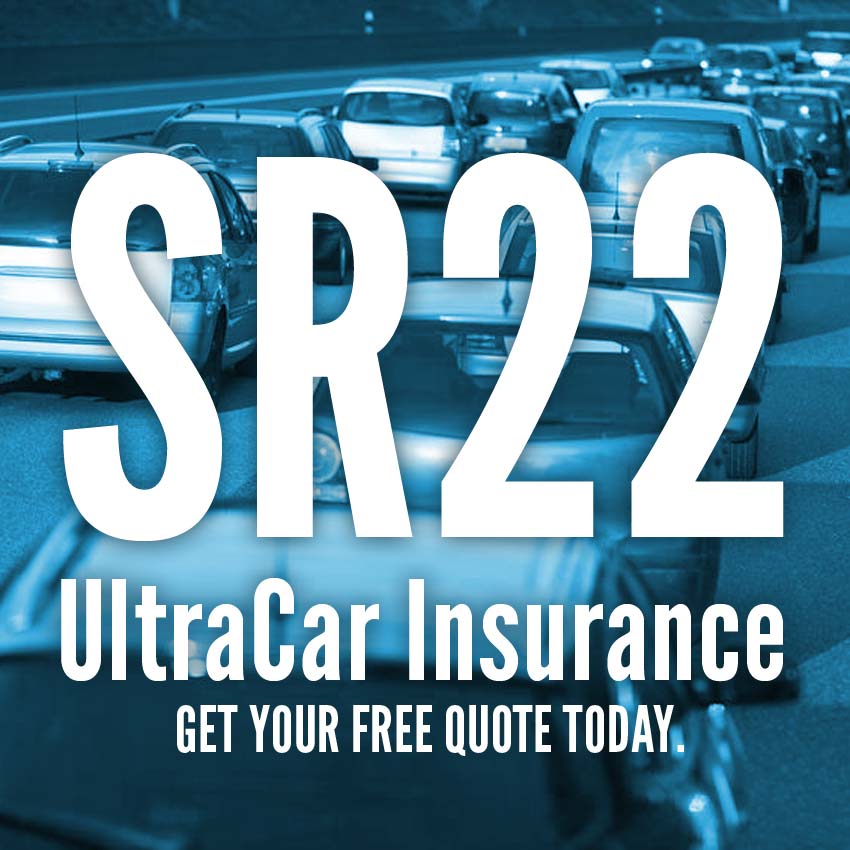Auto insurance companies use several indicators to determine drivers’ risk levels. As a result, they have a separate category, high-risk auto insurance, to serve individuals they designate as “high-risk drivers.” So, what are essential things to know about high-risk auto insurance? We’ll describe what it means to be a high-risk driver and how it impacts your auto insurance premiums.
High-Risk Auto Insurance: What Makes Someone a High-Risk Driver?
All insurers determine risk levels and whether they are worth taking. Every potential policyholder has unique circumstances and insurance requirements. Insurance companies consider you a greater risk to insure if you have any of these motor vehicle violations:
- Excessive traffic tickets
- Driving infractions
- At-fault accidents
- Uninsured driving citations
- Insurance cancellations for non-payment
- DUI or DWI convictions
- Insurance lapses
In such cases, you may not qualify for standard auto insurance rates, so most standard insurance carriers hesitate to insure you. There are many differences between standard and high-risk auto policies. Let’s briefly go over them to understand each one better.
Ways Standard Auto Insurance Differs from High-Risk Auto Policies
#1- Higher Cost
One of the major things to know about high-risk insurance is that the difference in rates between standard and high-risk insurance can be substantial. Estimates by the Insurance Research Council revealed that high-risk policies have 20%–30% more surcharges due to the driver’s at-fault accidents and convictions record. Insurance providers calculate standard and high-risk policies similarly, but the premiums vary depending on their eligibility criteria.
#2- Reduced Payment Options
Many drivers are considered high-risk for financial reasons, such as having one or more incidents of Non-Sufficient-Funds (NSF) within the policy terms. Repeated insufficient funds for premium payments can lead an insurance carrier to cancel a policy, putting you in the high-risk bracket.
#3- Limited Insurance Coverage
Insurance carriers limit high-risk drivers by including capped liability limit coverage, exclusions, higher deductibles, and specific conditions in their policies. These limitations impact you as a policyholder and affect other listed drivers living in your household with a valid driving license.

Leave the High-Risk Category By Practicing Safe Driving in Virginia
You can avoid tickets by staying within the speed limit, obeying traffic signs, and keeping a safe distance behind other vehicles. Of course, one of the most essential things to know about high-risk insurance is not to drive under the influence of alcohol or other drugs. DUI too often leads to traffic tickets and license suspension, not to mention terrible accidents, injuries, and even death.
Experts recommend avoiding impaired and distracted driving. Some states have enacted laws limiting or banning cell phones and other smart devices while operating a vehicle. Why? Because statistics show that using these devices on the road is at least or more dangerous than DUI. It’s best to keep all electronic devices out of sight when on the road.
Not keeping up with premium payments or frequent policy cancellations can keep you in the high-risk category. If you’re worried about being unable to keep up with a future payment, discuss possible options with your insurance agent. They will help find solutions or make accommodations to suit your situation.
The good news is that you can leave the high-risk category when the state clears your DMV driver record.
Not All Insurance Companies Offer High-Risk Automobile Insurance in Virginia
Of course, most insurance carriers prefer low-risk, highly experienced drivers. When your driving record changes for the worse, you’re no longer among their target clients. In that case, you’ll need an insurance policy with higher coverage and premiums after your next renewal date.
If you’re in the high-risk insurance category and want to find a low rate, we’re glad you found us! UltraCar Insurance offers affordable premiums to all drivers, including those who are high-risk and must file FR44 or SR22 certificates in Virginia.
While we encourage you to be careful on the road, we understand that unpleasant situations can occur anywhere with anyone. Give us a call to discuss your options for cost-effective, comprehensive insurance coverage for all types of vehicles.
Hopefully, we answered most of the important things to know about high-risk insurance. If you have further questions, our specialists are well-versed in state compliance laws regarding high-risk insurance and SR22 certificate filings. Whether you need a personal auto or non-owner policy, motorcycle, or commercial auto insurance, we’re ready to help. Whether you need a personal auto, non-owner, or motorcycle insurance policy – with or without an SR22 attachment – we’re ready to help.
Contact our professionals to learn what to know about FR44 or SR22 insurance in Virginia.

